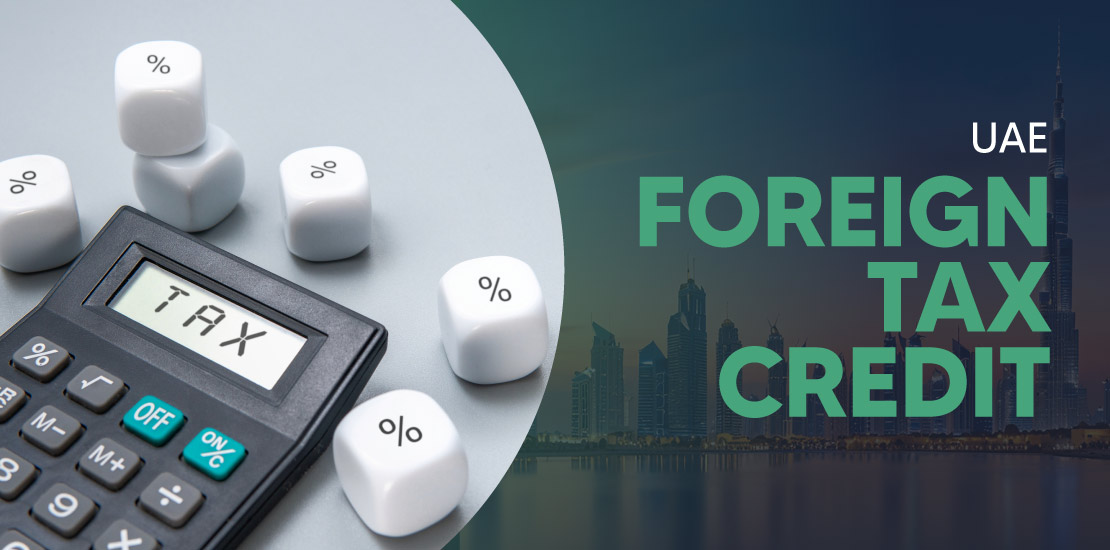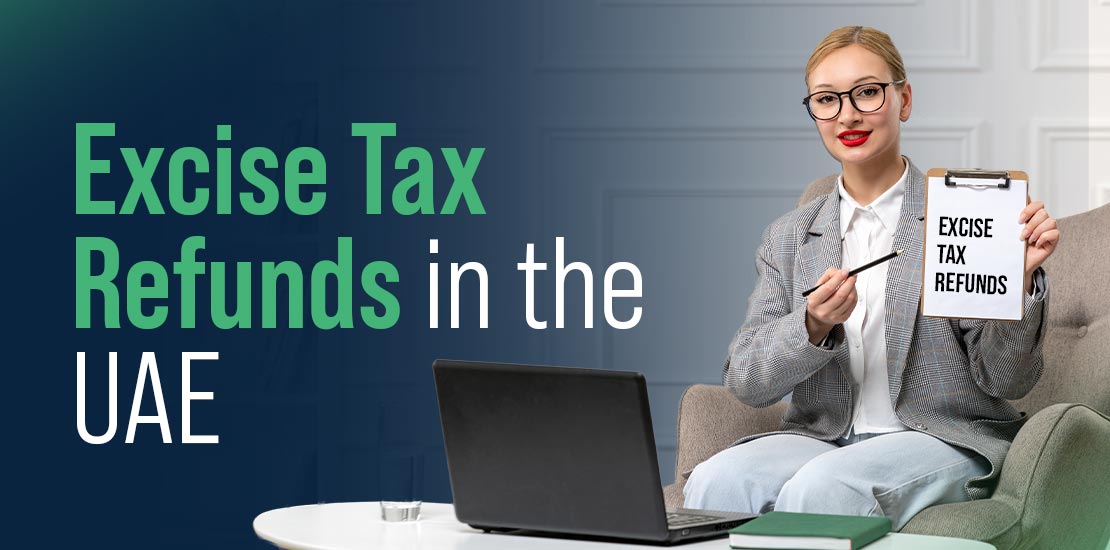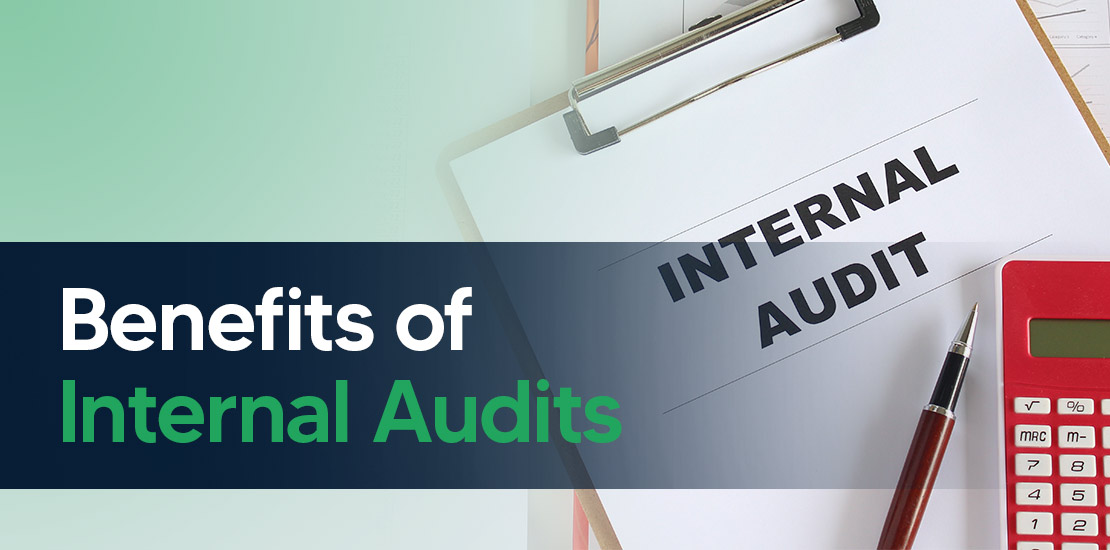Table of Contents
- Understanding the Property Tax System in Dubai
- Benefits of Dubai’s Property Tax System
- Types of Property-Related Fees in the UAE
- Common Misconceptions About Dubai Real Estate Taxes
- Rates & Fees for Property Owners in Dubai
- Commercial Property Tax in Dubai vs. Dubai Real Estate Corporation Tax
- Navigate Dubai’s Property Tax System with Shuraa Tax
Investing in Dubai’s real estate market is a popular choice for both local and international investors, thanks to its tax-friendly environment and booming property sector. However, understanding the nuances of Dubai property tax is essential for making informed decisions.
While the emirate does not levy a traditional real estate tax, investors should be aware of other financial obligations such as VAT on property in Dubai, registration fees, and maintenance charges. This guide breaks down the key aspects of real estate tax in Dubai, helping you navigate the legal and financial landscape before making your next property investment.
Understanding the Property Tax System in Dubai
Thinking of buying a property in Dubai? Dubai is one of the most tax-friendly places in the world when it comes to real estate. Unlike many other big cities, you don’t have to pay a yearly property tax just for owning a home or apartment. That’s one big reason why so many people love investing here.
But wait — while there’s no yearly tax, there are a few one-time costs you should know about:
- When you buy a property, you’ll need to pay a 4% fee to the Dubai Land Department. It’s kind of like a transfer fee for making the deal official. You only pay this once, at the time of purchase.
Also, depending on the type of property you’re buying, VAT (value-added tax) may or may not apply:
- Residential properties (like apartments or villas for living): No VAT after the first sale. So if you’re buying a home that’s already been sold once before, there’s no VAT.
- Commercial properties (like office spaces or shops): You’ll pay 5% VAT when buying or renting these kinds of places.
Benefits of Dubai’s Property Tax System
One of the most compelling reasons investors are drawn to Dubai’s property market is its tax-friendly framework. The city offers a uniquely favourable environment for both residential and commercial property buyers, contributing to its status as a global investment hub.
Here are some of the key benefits of the Dubai real estate tax system:
1. No Annual Property Tax
Unlike many major cities around the world, Dubai does not impose an annual property tax on owned real estate. This significantly reduces long-term ownership costs, allowing investors to retain more of their returns.
2. Zero Dubai Real Estate Corporation Tax
At present, Dubai real estate corporation tax does not apply to most property investors. Companies or individuals who own property in their name typically do not pay corporate income tax on rental income or capital gains, unless they are engaged in another taxable business activity under the UAE’s corporate tax regime.
3. No Capital Gains Tax
Profits earned from selling a property are not subject to capital gains tax in Dubai, which is a significant advantage for investors and flippers looking to grow their portfolios.
4. Transparent One-Time Fees
Instead of hidden annual levies, Dubai applies clear, one-time charges like the 4% transfer fee to the Dubai Land Department. These upfront costs make the financial planning process more predictable.
5. Simplified Commercial Property Tax in Dubai
While there is no recurring commercial property tax in Dubai, 5% VAT is applied on commercial property transactions. This is a one-time tax at the point of sale or lease and is regulated under the UAE VAT law. However, this system is far more straightforward and transparent compared to corporate real estate taxation models in other countries.
6. Investor Confidence and Market Stability
The clarity and consistency of Dubai’s tax rules inspire investor confidence. With no surprise tax hikes or hidden property levies, Dubai continues to attract global property buyers looking for reliable returns.
In summary, the lack of recurring property and corporate real estate taxes, combined with a clear structure around commercial property tax in Dubai, makes the emirate’s property market one of the most lucrative and stable in the world.
Types of Property-Related Fees in the UAE
Investing in real estate in the UAE involves several property-related fees that buyers, sellers, and landlords should be aware of. Although there is no direct Dubai property tax like in other global cities, there are still several mandatory charges to consider:
1. Value Added Tax (VAT) on UAE Property Tax
- VAT on property in Dubai applies under specific conditions:
- Residential properties are generally exempt or zero-rated.
- Commercial properties are subject to 5% VAT on the sale or lease.
- VAT is also applicable to services related to real estate transactions, such as brokerage and legal fees.
2. Dubai Land Department (DLD) Fees
- A 4% transfer fee is paid to the Dubai Land Department when a property changes hands.
- This fee is usually split equally between the buyer and the seller unless agreed otherwise.
3. Registration Fees
- Oqood registration for off-plan properties: AED 5,250.
- For ready properties, a registration fee is often AED at 4,000 or 0.25% of the property value, whichever is higher.
4. Agency Commission
- Typically, 2% of the purchase price is paid by the buyer to the real estate agent or broker.
5. Service Charges and Maintenance Fees
- Property owners pay annual fees for the upkeep of common areas.
- These charges vary by location and developer and are based on the RERA service charge index.
6. Mortgage Registration Fee
- If purchased with a mortgage, a 0.25% mortgage registration fee (plus AED 290 admin fee) is paid to the DLD.
Common Misconceptions About Dubai Real Estate Taxes
Dubai’s real estate market has gained global recognition for its investor-friendly tax regime, but with popularity comes confusion. Many buyers and potential investors misunderstand how Dubai property tax and related charges work. Below, we separate fact from fiction and break down the real costs of property ownership in the emirate.
Common Myths About Dubai Property Taxes
Myth 1: Dubai has zero taxes on real estate.
While it’s true that there’s no annual property tax in Dubai, this doesn’t mean real estate is entirely tax-free. One-time fees and indirect taxes do apply depending on the type of property and transaction.
Myth 2: No VAT applies to any property in Dubai.
False. VAT on property in Dubai does not apply to most residential property sales after the first supply. However, 5% VAT is charged on commercial property transactions, including sales and leases, as per UAE VAT laws.
Myth 3: There are no hidden real estate taxes.
While Dubai avoids traditional recurring taxes, owners still pay service charges, maintenance fees, and sometimes municipality housing fees (in the case of tenants or owner-occupiers). These are not technically real estate taxes in Dubai, but they are recurring ownership costs.
Myth 4: Corporations pay the same taxes as individuals.
Not exactly. Though Dubai real estate corporation tax currently does not apply in most cases, companies involved in taxable business activities or earning above specific thresholds might be subject to the UAE’s new corporate tax regulations.
Rates & Fees for Property Owners in Dubai
Here’s a snapshot of the main charges associated with owning property in Dubai:
| Type of Fee/Tax | Applicable To | Rate / Amount |
|---|---|---|
| Property Transfer Fee | All property buyers | 4% of property value (paid to DLD) |
| VAT on Commercial Property | Commercial property buyers & tenants | 5% on sale or lease |
| VAT on Residential Property | First sale of new residential property only | 5% (developer charged, usually included) |
| Annual Service Charges | All property owners | Varies (AED 10–30+ per sq. ft. annually) |
| Municipality Housing Fee | Tenants / owner-occupiers | 5% of annual rent (billed monthly) |
| Commercial Property Tax Dubai | Indirectly through VAT | See above (5% VAT) |
| Dubai Real Estate Corporation Tax | Corporate investors | Not applicable in most property cases* |
*Corporate tax may apply if the property is part of a broader taxable business activity.
Dubai’s tax landscape is among the most transparent and investor-oriented in the world. By understanding the reality behind Dubai property tax, the impact of VAT on property in Dubai, and distinctions like commercial property tax Dubai vs. Dubai real estate corporation tax, buyers can make informed decisions and avoid being misled by common myths.
Commercial Property Tax in Dubai vs. Dubai Real Estate Corporation Tax
When investing in Dubai’s real estate market, it’s important to distinguish between commercial property tax and real estate corporation tax. While both relate to property ownership and transactions, they apply in different contexts and under different legal frameworks.
1. Commercial Property Tax in Dubai
Despite the term “tax,” Dubai doesn’t impose a traditional recurring property tax, even on commercial real estate. However, there is an indirect tax that functions similarly:
- What it means: In Dubai, commercial property tax primarily refers to the 5% Value Added Tax (VAT) applied to the sale or lease of commercial properties.
- Who pays: Buyers or tenants of offices, warehouses, retail units, and other non-residential spaces.
- When it applies: At the time of purchase or lease, whether freehold or leasehold.
- Regulation: Governed under the UAE Federal Tax Authority’s VAT Law.
Key Point: This is a transaction-based tax, not a recurring annual fee like in many other countries.
2. Dubai Real Estate Corporation Tax
This refers to the potential application of UAE’s corporate tax on companies involved in property ownership or investment.
- What it means: As of 2023, the UAE introduced a 9% corporate tax on business profits exceeding AED 375,000. If a company earns rental income, capital gains, or trading profits through real estate, it may be subject to this tax.
- Who pays: Only corporate entities are involved in real estate as part of a business activity. This does not apply to individuals holding property for investment.
- When it applies: When income from real estate exceeds the corporate tax threshold and is part of a taxable business activity.
Key Point: This is not a property-specific tax, but a corporate income tax on real estate-related profits earned by registered businesses.
Summary Comparison Table
| Aspect | Commercial Property Tax (Dubai) | Dubai Real Estate Corporation Tax |
|---|---|---|
| Nature | Indirect tax (VAT) on property transactions | Corporate income tax on business profits |
| Applies to | Buyers/tenants of commercial properties | Corporations earning real estate income |
| Tax Rate | 5% VAT on sale or lease | 9% on taxable income above AED 375,000 |
| Recurring? | No (charged at point of transaction) | Yes, based on annual profits |
| Individual Investors Affected? | Yes, if buying/using commercial property | No, unless operating as a business entity |
| Legal Basis | UAE VAT Law | UAE Corporate Tax Law (2023) |
While commercial property tax in Dubai refers to a one-time VAT applied during transactions, Dubai real estate corporation tax may affect companies earning profits from property.
Understanding the difference helps investors choose the proper ownership structure—whether as an individual, corporate entity, or through an offshore setup.
Navigate Dubai’s Property Tax System with Shuraa Tax
In conclusion, Dubai offers one of the most attractive and transparent property tax environments in the world. With no annual Dubai property tax, zero capital gains tax, and no Dubai real estate corporation tax for most investors, the emirate remains a hotspot for real estate investment. However, understanding associated charges such as VAT on property in Dubai, registration fees, and service charges is crucial for making informed decisions.
Whether you are investing in residential or commercial property, knowing the difference between commercial property tax in Dubai (typically the 5% VAT) and corporate obligations under the Dubai real estate corporation tax regime can help you structure your investments wisely and avoid unnecessary costs.
At Shuraa Tax, we specialise in guiding property investors through Dubai’s tax and compliance framework with clarity and confidence. From clarifying your real estate tax obligations in Dubai to helping structure corporate ownership effectively, we’re here to help every step of the way.
📞 Call: +(971) 44081900
💬 WhatsApp: +(971) 508912062
📧 Email: info@shuraatax.com
Contact Shuraa Tax today for personalised tax and real estate advisory services tailored to your investment goals.













